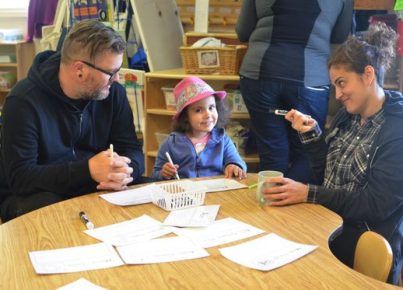Understanding report cards can be challenging for parents who want to support their children’s educational journey. Report cards are a crucial reflection of a student’s progress and achievement in school. However, they can sometimes be difficult to decipher, leading to confusion and miscommunication between teachers and parents. Effective communication from teachers about report cards can bridge this gap.
To start, teachers must explain the grading system used by the school. Each institution may have its unique method of evaluation, such as letter grades, numbers, or even narrative descriptions of a student’s performance. Clarifying this early on can prevent confusion when parents review their child’s report card.
Secondly, it’s essential for teachers to communicate that while grades are important indicators of a student’s understanding of the material, they do not provide the full picture. Other factors like participation, effort, behavior, and social skills are also crucial components of a child’s development and these may not always be clearly reflected in grades alone.
Teachers should also guide parents on the appropriate next steps after receiving a report card. This includes looking beyond the grades to recognize improvements or identifying areas where the child might need extra support. Setting up meetings to discuss the report card helps ensure that both teachers and parents are on the same page regarding a student’s progress.
Moreover, report cards should be seen as an opportunity for growth. Teachers need to encourage parents to use report cards as a tool for positive reinforcement, celebrating successes, and goal-setting rather than merely focusing on shortcomings.
Lastly, it is essential for teachers to tell parents that they are partners in their children’s education. Ongoing communication throughout the school year can help build trust and cooperation between home and school which ultimately benefits students’ educational experiences.
Teachers play a critical role in making report cards a positive tool for student growth by communicating effectively with parents. By doing so, they help ensure that parents feel informed, involved, and ready to support their children in their learning journey.





